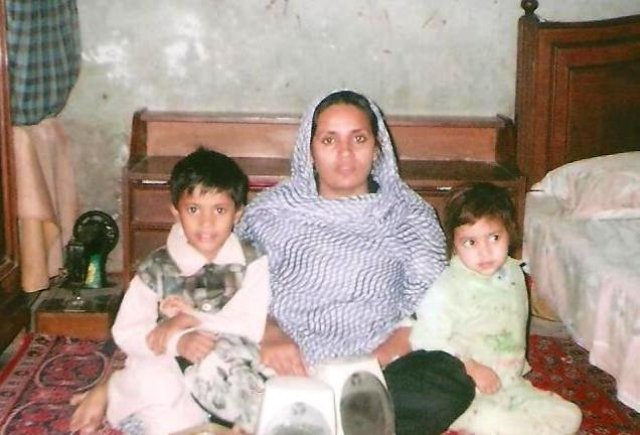 A Facebook page seeks signatures for a petititon for Asia Bibi who has spent eight years on death row.
A Facebook page seeks signatures for a petititon for Asia Bibi who has spent eight years on death row.
There was some rare good news on 31 October from a country that challenges even the most optimistic and sunny of Commonwealth observers when the supreme court overturned the conviction for blasphemy of Asia Bibi, a 53-year-old Christian mother of five from the Punjab who has spent eight years on death row over a false accusation by Muslim fellow farmworkers.
But any celebration was short-lived as Pakistan’s hardline Islamists reacted to the judgment with bloodthirsty threats, demanding Bibi’s death penalty be reinstated and calling for the murder of the supreme court justices. One of Pakistan’s fundamentalist parties, Tehreek-e-Labaik Pakistan, called for ‘mutiny’ against the army’s leadership and the assassination of the judges, AFP reported. Within hours, the Guardian said, ‘thousands of club-wielding demonstrators had blocked highways, burned tyres and pelted police with stones in major cities including Islamabad and Karachi.’
It was a brave and principled decision by the three judges, who cannot have avoided pondering the fate of Salman Taseer, the Punjab governor assassinated by his own bodyguard in 2011 for speaking out against the blasphemy laws and calling for Bibi to be pardoned. But the judges are also now in fear of their lives after the newly elected prime minister, Imran Khan, caved in to pressure from the Islamists and banned Bibi and her family from leaving the country despite initially condemning the protests. Bibi’s lawyer, Saif-ul Mulook, fled Pakistan within days of the judgment after receiving death threats. The Times said he was seeking asylum for Bibis in the Netherlands. Her supporters said the British government had not offered her asylum for fear of ‘unrest’ and violence in the UK, the Telegraph reported.
The Commonwealth Secretariat was approached for comment but has remained silent over the issue.



